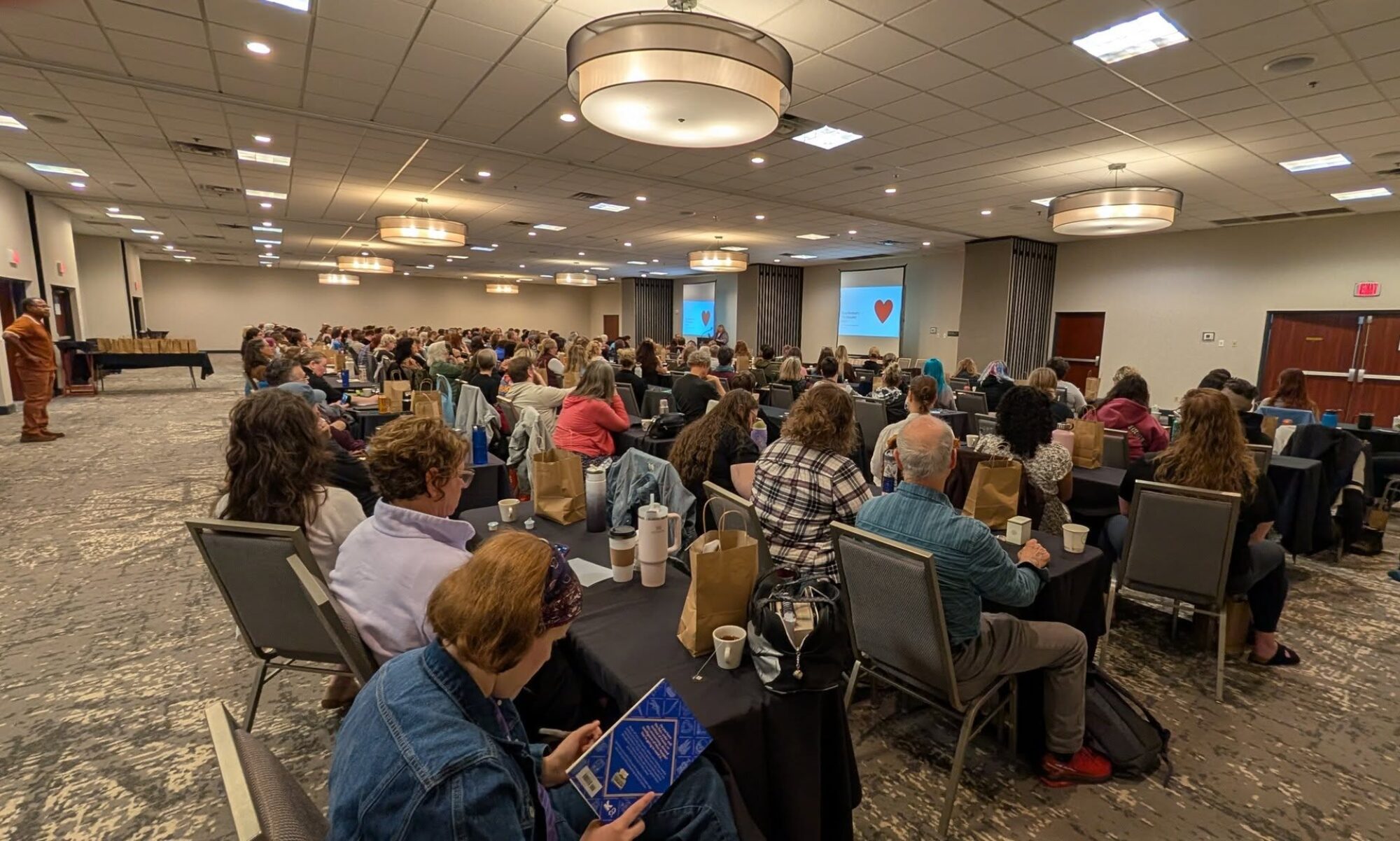I have long desired to see the standards for massage therapy education raised in my state and across the nation. Here in North Carolina, the requirement is only 500 hours. That varies in the US, from the unregulated states that have no requirements at all, to the 1000 hours required by New York, Nebraska, and Puerto Rico. The rest fall somewhere in between.
Our neighbors to the north in Canada have a few provinces that are unregulated, but those that are regulated have a much higher hour requirement than the norm here in the US. However, in looking over their documents pertaining to their regulations, I see that it is not really about the number of hours; it is about the basic competencies that they have set forth for an entry-level massage therapist, and I must say that I find it quite impressive.
I imagine that the higher number of hours is merely a by-product of the competencies that are required. It would take a lot more than 500 hours to pack all those competencies in. And I couldn’t find any fault with any of them. It actually bears a lot of similarities to our recent document, the Massage Therapy Body of Knowledge. That’s not a perfect document; it’s just a start on defining what an entry-level therapist should know here. I’ve heard a good many complaints about it. In fairness to the dedicated volunteers who gave of their time and expertise to work on it, they offered a long period for comments from the profession, and I was personally appalled at how few they got. I think they got about 600 or so, and about 50 of them were mine. Textbook author and school owner Sandy Fritz wrote twice that many. It was also very telling to me that when our Board sent out a survey to the approximately 40 school owners and program directors recently about raising the standards, only 7 of them bothered to reply. There is a big lack of interest in raising the bar.
The complacency here is staggering, and people just tend to complain after the fact instead of offering input on the front end. It’s the same thing I’ve seen over and over again when it comes to detrimental legislation in our profession; a few dedicated people will contact their legislators before something awful gets passed into law, and the rest will just gripe about it after it happens. That’s another blog, and one that I’ve written several times.
I’ve actually been pushing for our Board to raise educational standards, which like anything a public board is considering gets passed along to a committee for study. It is unfortunate that we could not find any concrete evidence that requiring more hours leads to better test scores. Then again, is that what it’s all about? The ability to pass a test? In our paradigm, yes, it is. We are lacking here in measuring competency in any other way.
I am the author of a popular book on how to pass the exams that are required here, and for over ten years I’ve been teaching a test-prep class as well as tutoring students privately. Let me tell you what I’ve observed. There are some people who can’t pass a test. Does it mean they can’t give a good massage? Not at all. They might be perfectly capable of putting me to sleep on the table or helping my aching back. And on the other hand, we’ve got the people who happen to be good test-takers and who are good at regurgitating information, who couldn’t give a decent massage if their life depended on it. They just don’t have what it takes. The ability to pass a test doesn’t make you competent, in my humble opinion. It just demonstrates that you know a certain amount of information.
When I was reading the Canadian document, I was more than a little envious of it. I kept comparing it to what I learned in massage school, and thinking, “Wow, I wish I had been taught that at the beginning.” In the dozen years since I went to massage school, I have managed to learn most of it through continuing education, self-study, and on-the-job experience. I’m the resourceful type and a go-getter, and I’ve had a modicum of success in spite of not knowing these competencies right out of the gate. I’ve learned a lot of them through the school of hard knocks. There’s no doubt I could have avoided some of those hard knocks if I had known these things at the outset of my career.
As a provider of continuing education, I’ve often been distressed and appalled when people call me up and say something like, “I need 6 hours, do you have any classes that long?” They don’t give a rip if the subject matter interests them or not. I’ve also been informed that “I don’t know why I have to get continuing education, I already know everything I need to know.” They are clueless.
One of my North Carolina colleagues stated on a forum this week that his poll showed that people were very satisfied with the 500 hours, and of course, a lot of people are. Going beyond that requires money and effort, and many people don’t want to spend any more money or effort than they can get by with. I’m personally not interested in just getting by.
Education is never wasted, and hopefully, I still learn something new every day. That’s my goal, anyway. My education didn’t end at 500 hours. It hasn’t reached 3000 yet, but I intend for it to, and I still won’t know everything there is to know.

